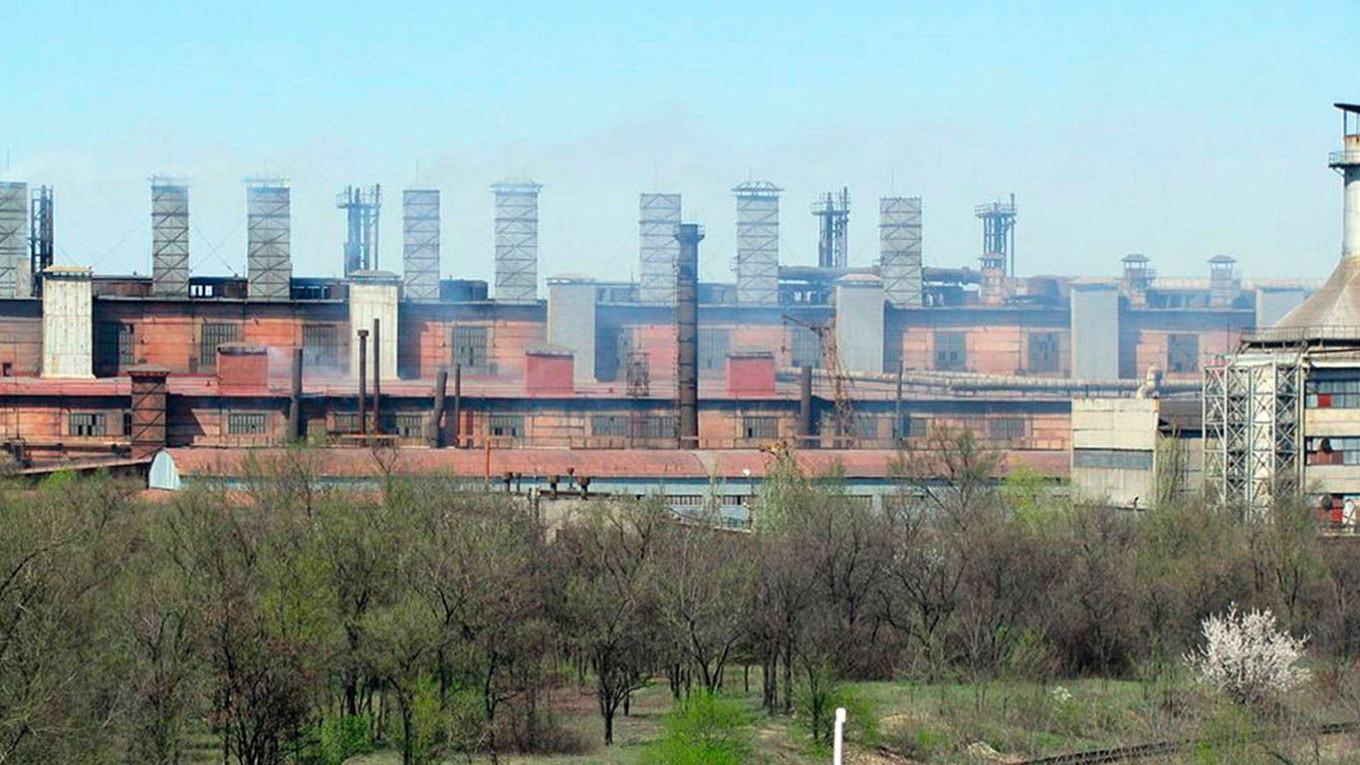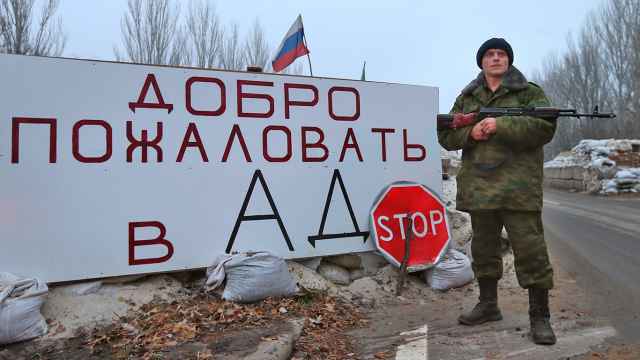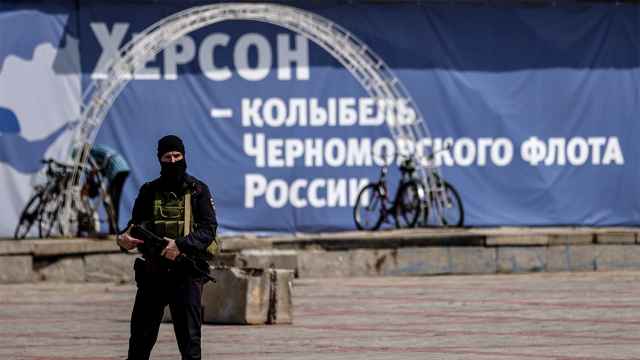Metallurgical and coking plants in the Russian-occupied Donetsk and Luhansk regions of Ukraine are operating at a loss and requesting additional state support as they face declining demand, falling prices and soaring production costs.
Valery Sherin, head of the Soyuzmetallservis firm that manages the largest mettalurgicul and coking plants in occupied Donetsk and Luhansk, warned that the region’s metal producers are in “desperate need” of government intervention.
Speaking at a roundtable hosted by the Russian lower-house State Duma’s Economic Policy committee, Sherin cited forecasts projecting a 10% to 15% drop in demand in 2025, leaving at least 5 million tons of annual output unsold, the RBC news website reported Wednesday.
Prices for key products have also slumped, Sherin said, with flat-rolled steel down 17% from last year and rebar and wire rod prices down by up to 14%.
At the same time, energy costs have soared. Sherin said the Stakhanov Ferroalloy Plant in Luhansk expects a 125% rise in tariffs next year, making electricity take up about 30% of total production costs, a level that undermines competitiveness even within Russia.
“Even with in-house production of ferrosilicomanganese, customers find it more cost-effective to buy the product elsewhere, particularly from Kazakhstan,” he added.
To address the crisis, Sherin proposed limiting metal imports, including from countries officially considered “friendly” to Russia.
He also called for capping tariff hikes in the occupied territories of Ukraine and extending freight discounts currently available to coal companies.
Transport costs remain a major burden, Sherin noted. Moving metal from the Donbas region to the Black Sea port of Novorossiysk costs about 3,500 rubles ($45) per ton, he said, erasing any export profits.
“Without discounted rail tariffs, the situation could become critical, even financially stable companies risk significant losses,” Sherin said, noting that the sector has posted continuous monthly losses.
He also urged regulatory changes to require construction companies operating in occupied areas to source at least 25% of materials from local producers.
Russia’s Industry and Trade Ministry said in a statement that companies in Donetsk and Luhansk already benefit from extensive state support, including excise tax relief on steel and significant tax incentives.
A Message from The Moscow Times:
Dear readers,
We are facing unprecedented challenges. Russia's Prosecutor General's Office has designated The Moscow Times as an "undesirable" organization, criminalizing our work and putting our staff at risk of prosecution. This follows our earlier unjust labeling as a "foreign agent."
These actions are direct attempts to silence independent journalism in Russia. The authorities claim our work "discredits the decisions of the Russian leadership." We see things differently: we strive to provide accurate, unbiased reporting on Russia.
We, the journalists of The Moscow Times, refuse to be silenced. But to continue our work, we need your help.
Your support, no matter how small, makes a world of difference. If you can, please support us monthly starting from just $2. It's quick to set up, and every contribution makes a significant impact.
By supporting The Moscow Times, you're defending open, independent journalism in the face of repression. Thank you for standing with us.
Remind me later.






